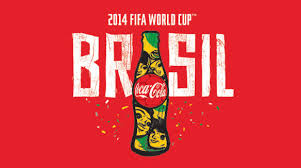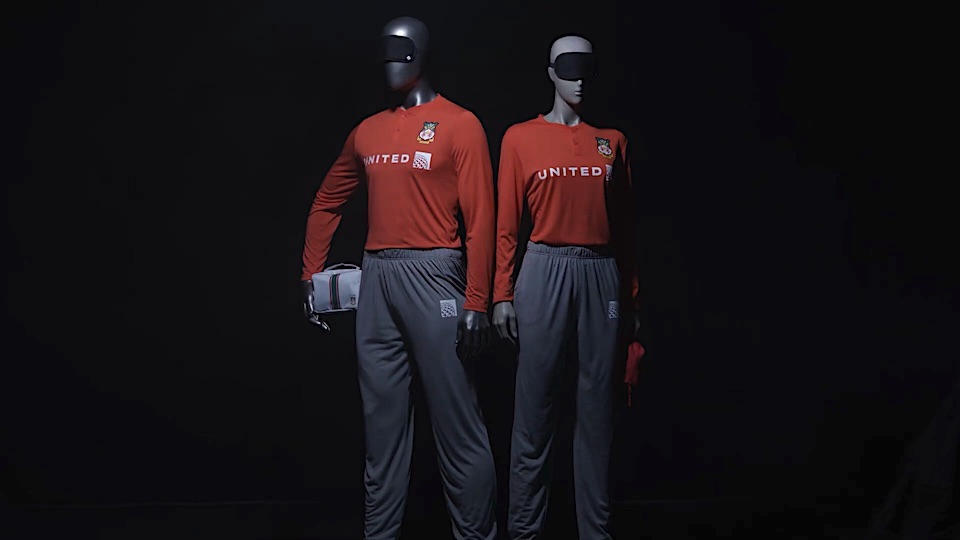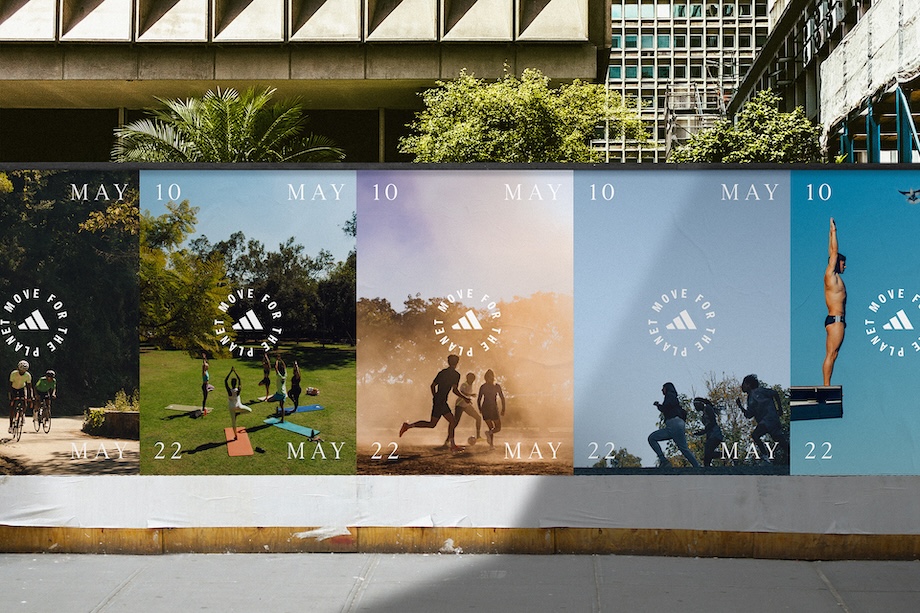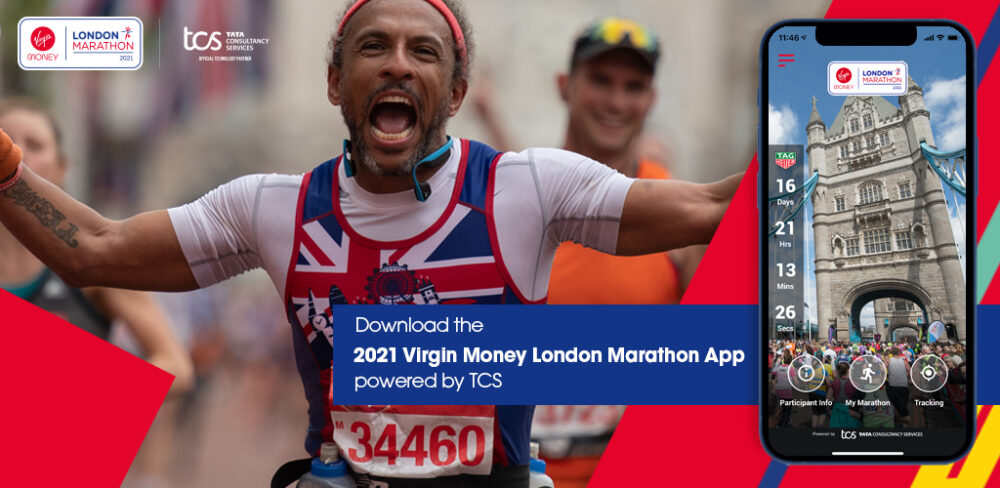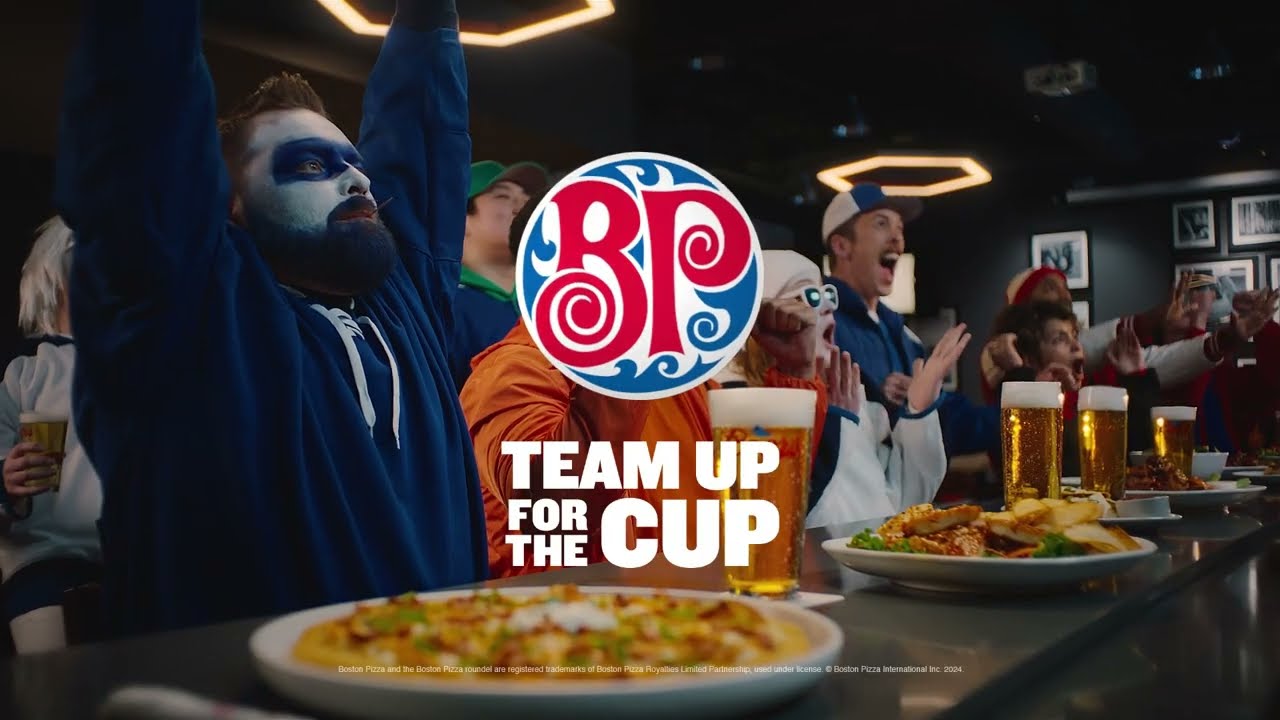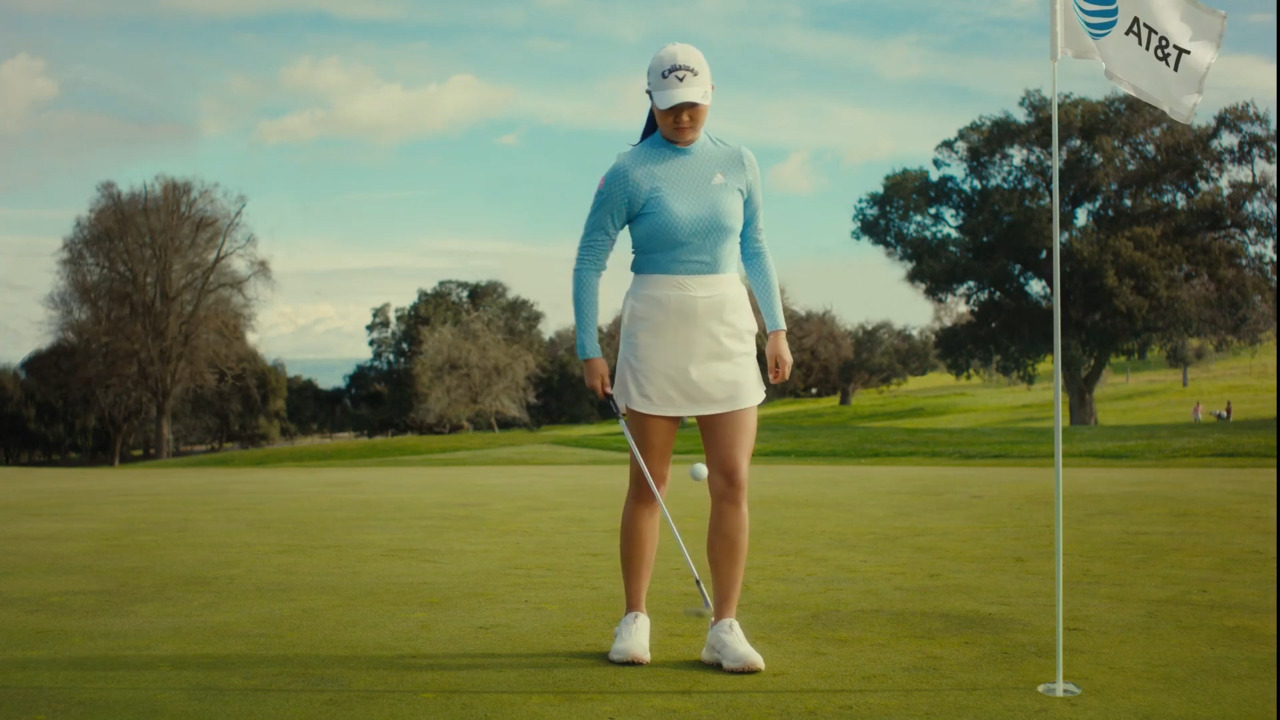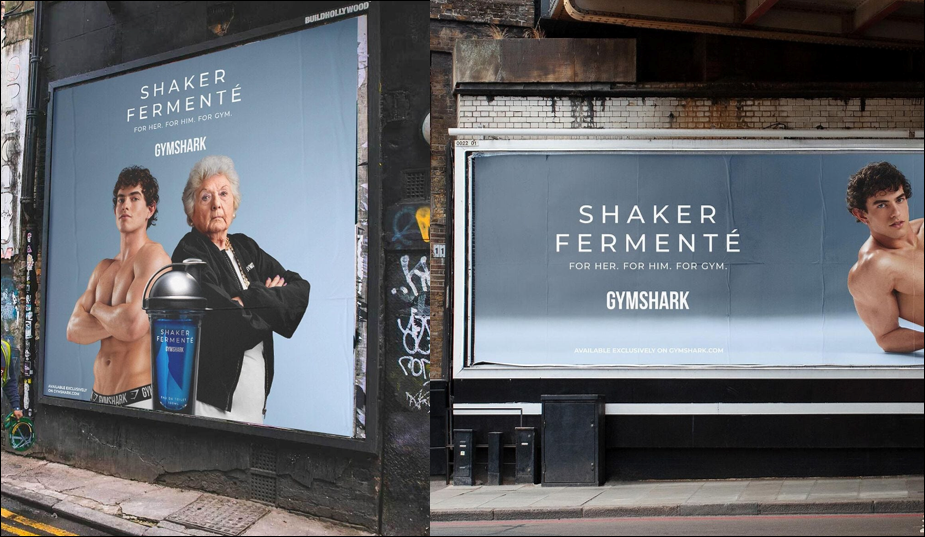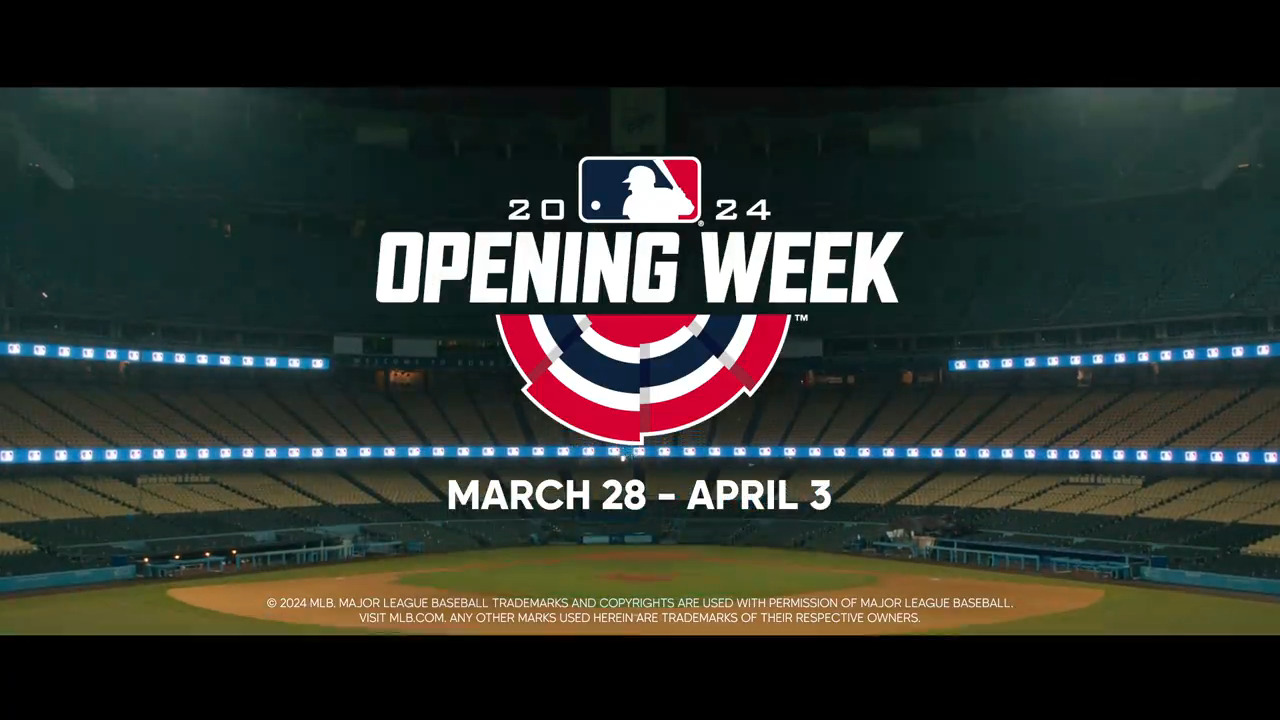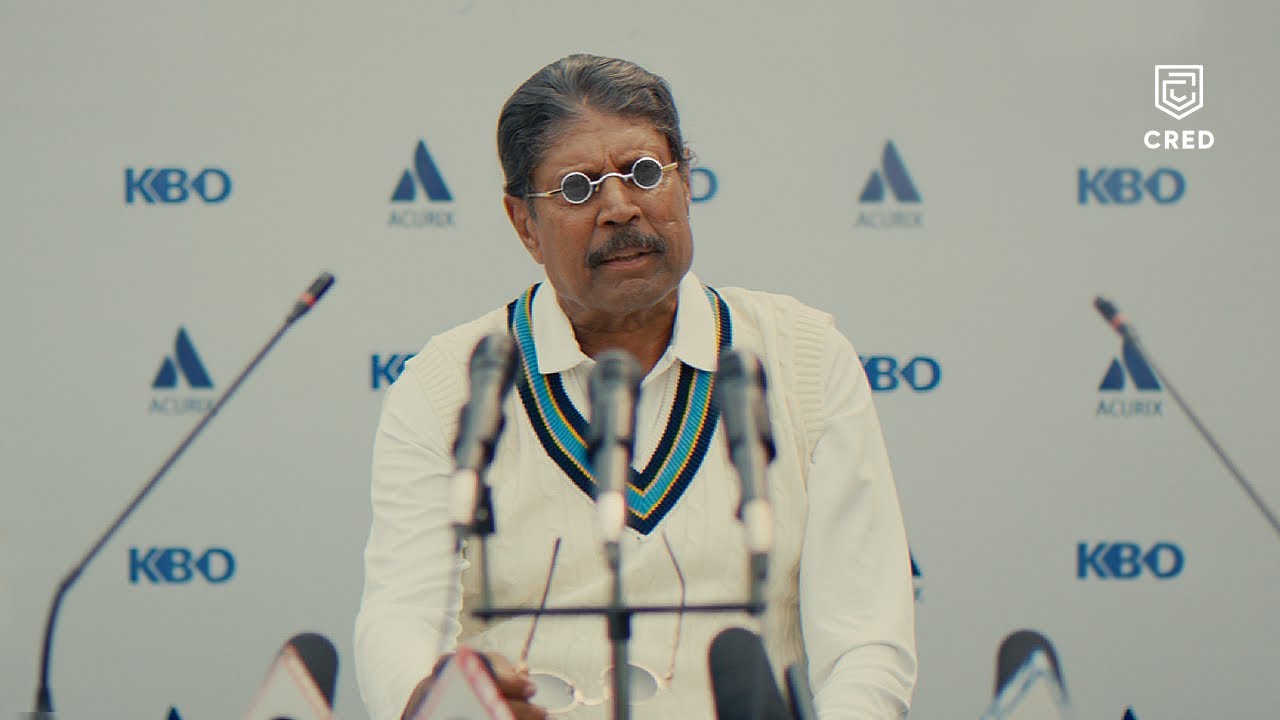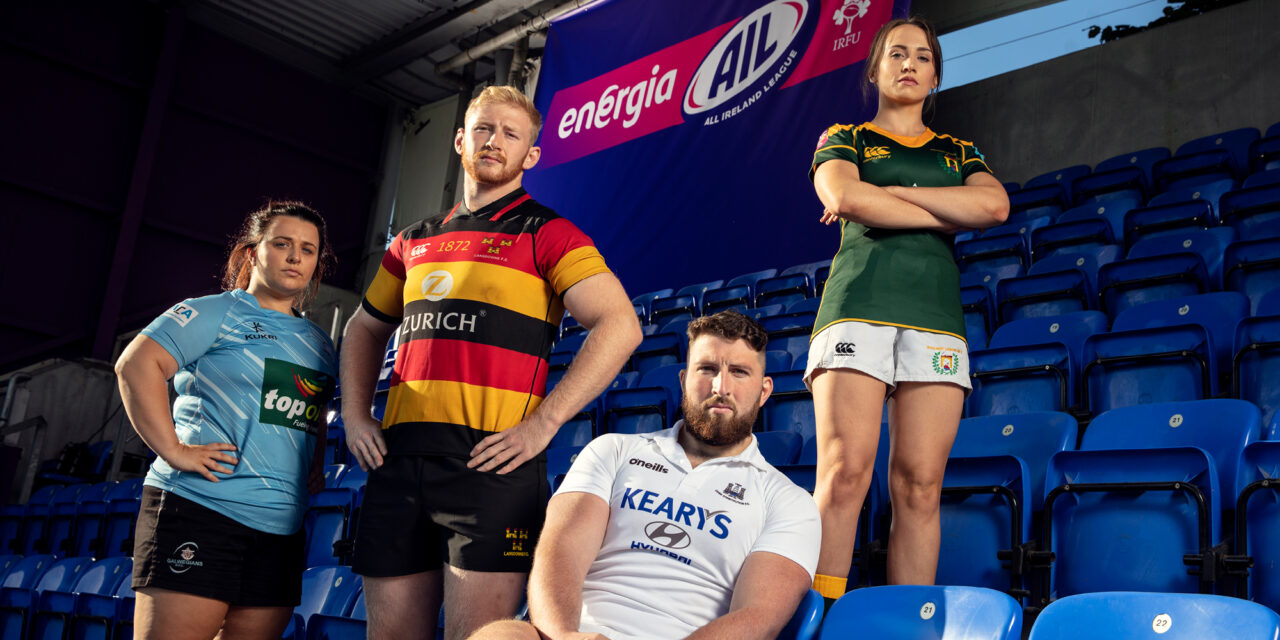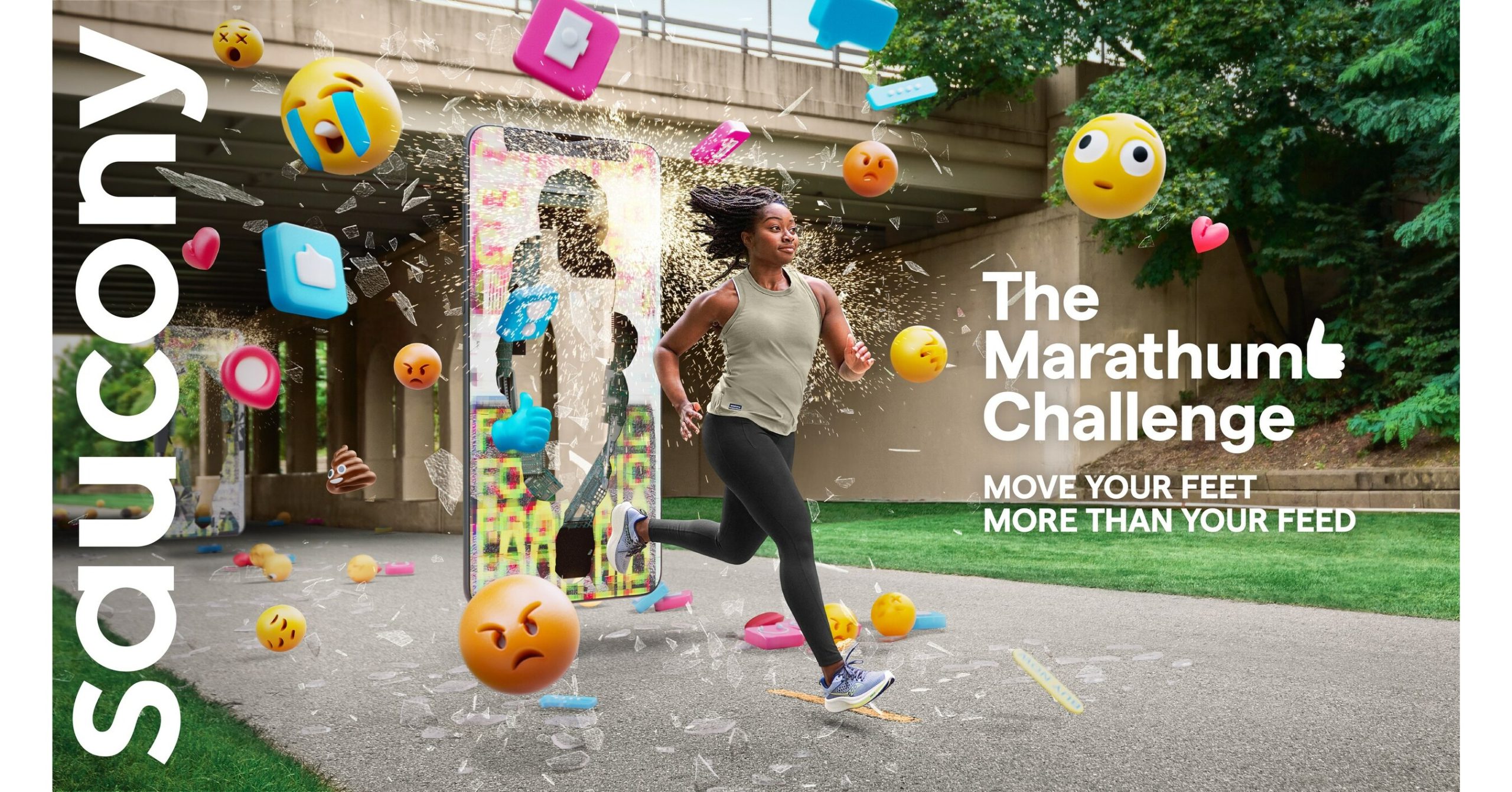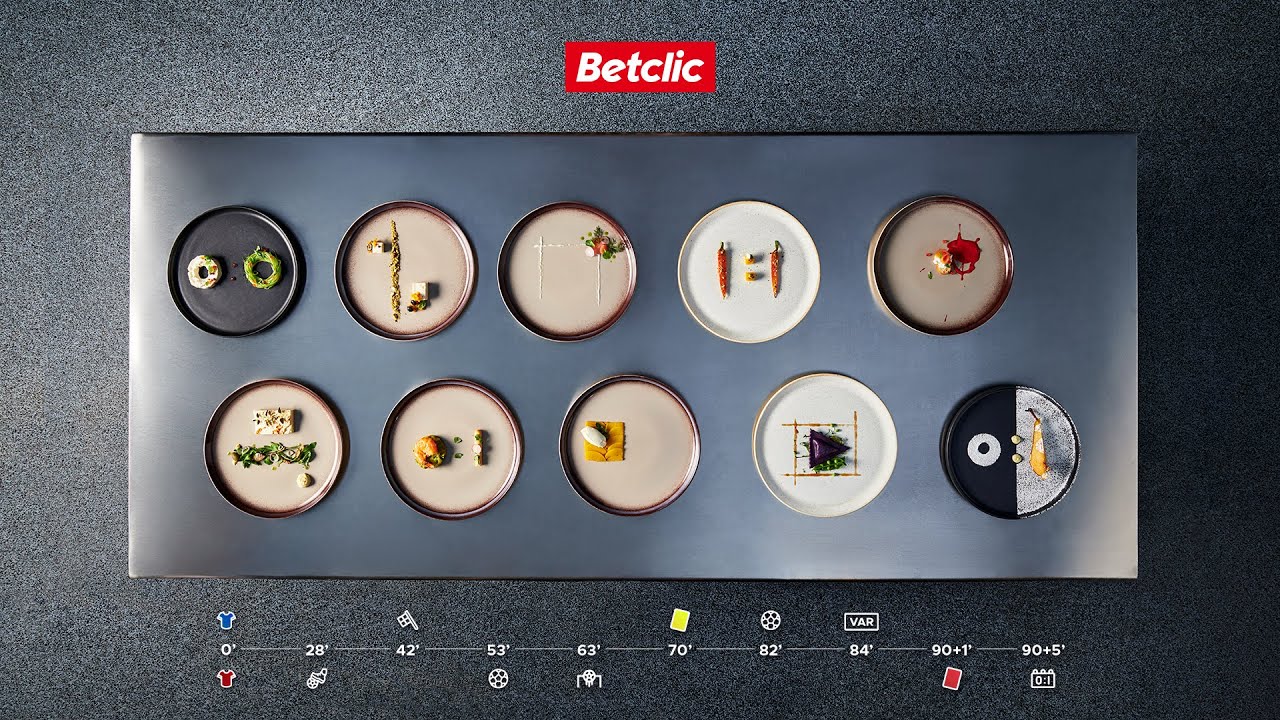Celebrating soccer as a social good, Coca-Cola launches its Brazil 2014 ‘The World’s Cup’ campaign – the biggest marketing programme in its history.
The global initiative is introduced by a two-minute launch story-telling spot, ‘One World, One Game’, which follows four football teams who’s players and communities have overcome life’s challenges, hardships and tragedies through their love of the game.
Developed by creative agency Wieden + Kennedy São Paulo, the soccer sides starring in the spearhead commercial are from four different parts of the planet: Otsuchi (Japan), Eastern Europe, the Amazon and Ramallah (Palestine).
The spot tells their stories and sees Coca-Cola surprise each team with invitations to Rio de Janeiro to not only see the preparations for the World Cup, but to also attend matches and even to carry the national team flags onto the pitch for the Germany v Portugal match on 16 June.
The spot is effectively Coke’s invitation to the world to celebrate football as a force for social good.
‘Through “The World’s Cup” Coca-Cola wants to celebrate real people playing football, demonstrating how the game is a force for a more inclusive and connected world,’ says Coca-Cola EVP and Chief Marketing and Commercial Officer Joseph Tripodi.
The spearhead TVC is merely the arrowhead to a rich vein of content that includes a set of documentary-style short films built around a ‘Where Will Happiness Strike Next’ idea.
The web videos, which were shot during stops in the Coke-backed FIFA World Cup Trophy Tour, continues the ‘social good’ theme with subjects stretching from a blind team in Brazil,
to Argentina’s famous 1978 World Cup winning ‘Soul Embrace’ celebration
and a team of South African grannies (aged 50 to 84).
Thus, rather than being a pre-event add-on, Coke’s Trophy Tour sponsorship (which spans 90 countries and has featured in 2013 Coke commercials – see previous case study) neatly underpins the entire central campaign.
The ongoing Trophy Tour creative also revolves around the ‘soccer for social good’ theme – such as the recent ‘Unsung Heroes’ commercial.
As with Coke’s recent global event blockbuster campaigns, its Brazil 2014 work also has an original musical anthem
‘The World Is Ours’, the official Coca-Cola Brazil 2014 song, features vocals from Brazilian born David Correy who travelled the globe championing the tune and taking a crowd-sourcing style approach to encouraging local artists to put their own flavour on the track – including Brazilian street band Monobloco.
Other elements of the initiative include a ‘Happiness Flag’ photo-mosaic (constructed from photos and tweets uploading by football fans and Coke drinkers around the world) featuring fan faces and good luck messages,
This flag will appear on-pitch before the tournament’s first game in Sao Paulo on 12 June.
The campaign’s visual identity, which aims to represent the brand’s umbrella themes of ‘happiness’, ‘togetherness’ and ‘celebration’, was created in collaboration with Brazilian street artist Speto.
It blends the classic colours and characteristic designs of Brazilian street art with the faces of four young people from Brazil.
Mobile engagement is also playing a key role in Coke’s World Cup activation
In addition to the collection bottles, mobile is also being used in other ways for Coca-Cola’s World Cup efforts including a mobile photo-sharing component and a digital sticker program.
Coca-Cola’s marketing programmes are increasingly well know for following a 70-20-10 structure and this format is being applied to Brazil 2014 too., which is also being used in the current World Cup program.
Thus 70% of investment goes to tactics that the brand knows works, 20% to making the 70% work harder, and the remaining 10% is spent on experimental tactics.
Coca-Cola, which has in the past used physical sticker books with player stickers that can be traded with friends as part of its World Cup efforts and Brazil 2014 sees the soft drinks giant add a digital strand to its World Cup sticker program.
A mobile app lets consume/collectors swap trading cards.
Furthermore, Coca-Cola is integrating promotional PIN codes into the app so that consumers can buy the virtual stickers.
Another innovative aspect of Coke’s World Cup work is the release of mini interactive bottles that give consumers a chance to get socially involved with football in general and the tournament in particular.
While limited edition, big event bottle and can packaging is a long standing sponsor tradition, Coca-Cola’s release of a set of 18 mini-bottles in Brazil to commemorate the World Cup has an interesting interactive element.
The bottles are designed to represent a World Cup host nation and while none of them actually contain any liquid, they do enable fans/drinkers to create personal messages and avatars that can be delivered to other bottle owners via Facebook or iPhone and Android apps.
Furthermore, markers on the bottles activate augmented reality animations when they’re held up to camera smartphones.
This mini bottle, digital interactive bottle campaign is supported by TV,
and print work from JWT and it follows last year’s initiative which saw Coke release special bottles featuring the Brazilian flag during the FIFA Confederations Cup) and its sponsorship of a series of soccer camps for aspiring young players across the host nation.
Comment
An impressively rounded and deep, global multi-platform continuation of Coca-Cola’s overarching ‘content not commercials’ marcoms strategy that leverages multiple contemporary activation trends from participation and interactivity, to consumer generated creative and blending sport with music.
It is hard not to wonder whether the ‘soccer for social good’ strategy was independently planned before Brazil’s street protests or more of a response to them.
Either way, with the street protests that initially kicked off a year ago at Brazil’s Confederations Cup warm up tournament still continuing today, Coca-Cola has clearly red the Brazilian public’s mood and focused its activation primarily on the social benefits of soccer.
Coca-Cola has even disclosed that it has a set of contingency plans to ‘soften the celebratory tone’ of its World Cup activation in the event of further street protest.
At the campaign launch, Tripodi said the drinks giant would react rapidly to any protests ‘to make sure our messaging better reflected the mood’ of the country.
‘That (World Cup) spotlight can act as an opportunity to tell a story of happiness but it can also be a spotlight to tell a story of grievances and concerns that they (the public) have about the direction of the country,’ admits Tripodi.
‘The Brazilian people are going to rise up and support this World Cup in a big way. Do I think there might be some protests? There may well be. We recognize these things happen. You have to prepare for any contingency.’
Coke is aware the same social media channels it harnesses to engage with consumers to enhance its market position can quickly be used to create a backlash against corporations or organizations such as FIFA.
Tripodi argues that the worst thing a sponsor can do is be complicit by silence.
‘The world we live in now is full of massive disruption, frequent chaos and change all the time. So as a company and as a brand if you are not prepared to respond … then you aren’t going to survive.’
But the brand maintains that any campaign tweaks would reflect its umbrella activation objective is to ‘create unrivalled access, participation, empowerment and conversation with the goal of delivering the most accessible and inclusive FIFA World Cup ever’.
Coca-Cola has had stadium advertising at every World Cup since 1950 and has one of the longest commercial relationships with FIFA of any sponsor. The partnership dates back to 1974 and it has been an official sponsor of the FIFA World Cup since 1978.
Links
Coca-Cola ‘The World’s Cup’ Tumblr
Coca-Cola ‘The World’s Cup’ YouTube
Coca-Cola Happiness Flag Website
http://www2.happinessflag.com/?l=en
Coca-Cola FIFA World Cup Trophy Tour Website
http://www.coca-cola.co.uk/world-cup/world-cup-trophy-tour.html
Coca-Cola FIFA World Cup Trophy Tour Plane Website
http://www.coca-colacompany.com/fifaworldcuptrophytourplane
Coca-Cola CokeZone World Cup Site
http://www.cokezone.com/uk/en/coca-cola/fifa-world-cup-2014
Coca-Cola Website
Coca-Cola Twitter
Coca-Cola Unbottled Blog
Coca-Cola LinkedIn
www.linkedin.com/company/the-coca-cola-company
FIFA World Cup
Brazil 2014 World Cup Portal

